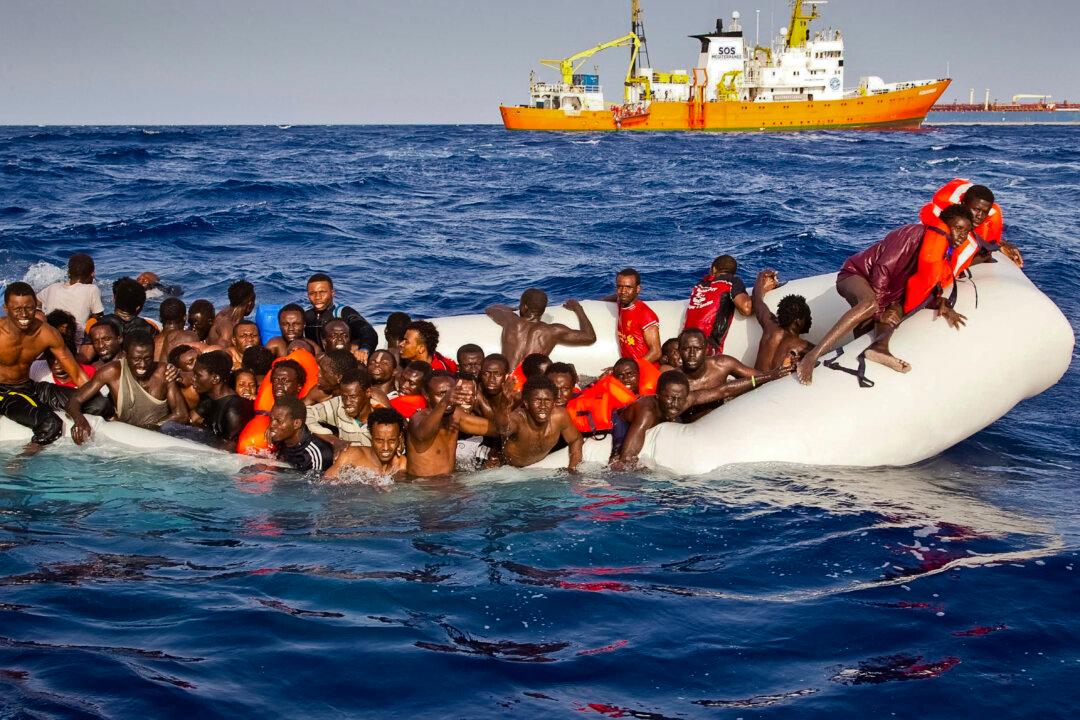BRUSSELS—The head of the European Parliament said EU countries who refuse to host refugees could instead pay more for EU migration and development projects in Africa, signaling a possible compromise to end a bruising dispute in the bloc.
The migration feud has divided southern and eastern EU states, as well as rich destination countries such as Germany, since 2015, when more than a million refugees and migrants from the Middle East and Africa reached the bloc’s borders.





